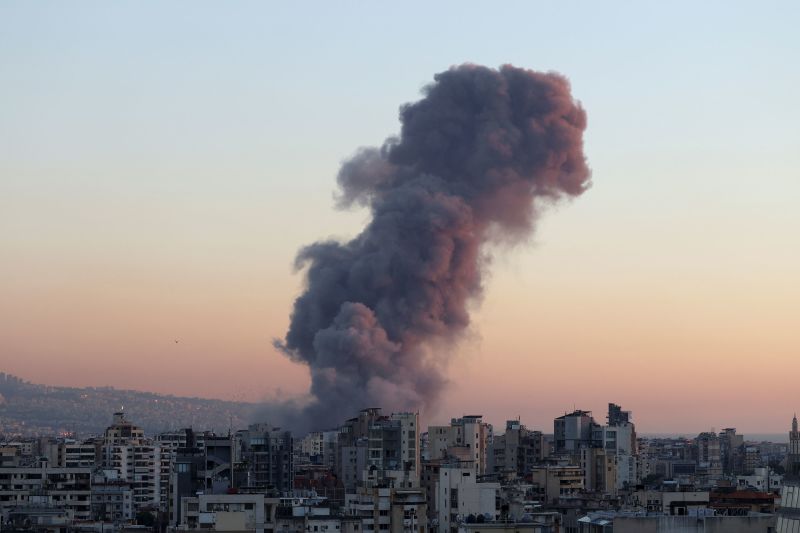Body:
One cannot imagine Hezbollah, the Lebanese Shiite political party and militant group, responding lightly to the killing of one of its top leaders, but any move they make will depend critically on the steps taken by Israel, their principal adversary, in the immediate aftermath.
This is, after all, an organization deeply rooted in the concept of deterrence, which maintains its power and influence through the careful management of its reputation for strength and retaliation. This reputation has been carefully cultivated over the years and is based largely on historical precedents, including its response to previous acts of Israeli aggression against its leaders, infrastructure, and civilians.
In the wake of the assassination, observers in Lebanon and beyond are noting numerous variables at play that suggest Hezbollah’s response may be different this time. The dominant variable being Israel’s response against any impending threat – both real and perceived.
Firstly, Hezbollah is at a historical crossroads. Despite the public displays of unity and strength, there are clear internal divisions that have been exacerbated by the current economic crisis in Lebanon and the ongoing impact of the Syrian civil war, where Hezbollah has been deeply involved in support of Syrian President Bashar al-Assad.
Secondly, the geopolitical landscape has shifted in significant ways. Israel, once isolated, is now part of a growing coalition that includes many Arab states, who also perceive the militant group as a threat. This reinforces the understanding that Hezbollah’s response in this situation will depend heavily on Israel’s following steps.
Moreover, Israel has always preferred deterrence over engagement and seeks to manage the conflict through containment rather than outright victory. However, the nature of this event – the assassination of a Hezbollah leader – changes the dynamics. It is likely that Israel’s response will involve increased vigilance and bolstering of its defenses against potential retaliation, thereby further tipping the scales in its favour.
More than mere military calculations, it is the domestic considerations that may ultimately dictate Israel’s course of action. The Israeli public and its political leadership, regardless of their views on the conflict with Hezbollah, will likely be united in their desire for stability and potential to avoid a full-blown conflict. On the other hand, Hezbollah’s response might also be shaped by domestic issues as Lebanon continues to curtail with rising inflation, unemployment and economic instability.
Irrespective of how Hezbollah chooses to respond, the key factor in determining the course of the conflict is likely to be Israel’s next steps. Not only is Israel’s military might far greater than Hezbollah’s, but the country also holds the decisive strategic advantage in that it can largely dictate the battlespace and the terms of the conflict.
Overall, while Hezbollah’s response to this provocative assassination is indeed significant, it is ultimately the actions taken by Israel that will determine the wider regional outcome. From its heightened security precautions in the lead-up to the potential retaliatory attacks to its diplomatic manoeuvres to maintain the support of its new allies in the Arab world, it is clear that Israel’s next moves will have the most implications for the future of this enduring conflict.




